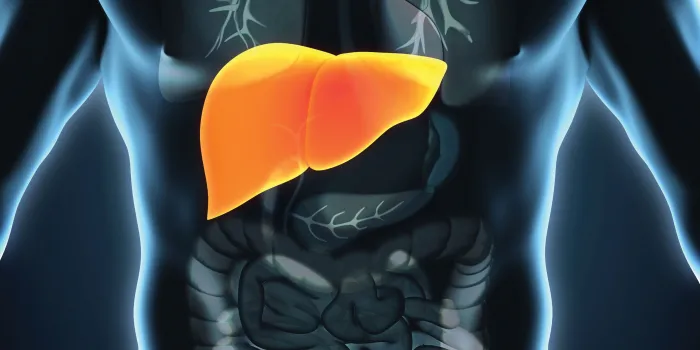Like hepatitis C, hepatitis B is a viral infection in the liver. The infection can be acute or chronic, in which case symptoms may not surface for up to 30 years.
Most people get over the infection, says Kenneth Sherman, MD, PhD, Gould Professor of Medicine and director of the Division of Digestive Diseases at the University of Cincinnati College of Medicine. However, that changes if you previously contracted HIV from contaminated clotting factor. “About 8% to 10% of those with HIV infection in the US have active hepatitis B infection,” he says. If left untreated, hepatitis B virus (HBV) can cause liver failure, liver cancer or death.
New HBV drug
In November 2016, the US Food and Drug Administration (FDA) approved Gilead Sciences’ Vemlidy®, which contains tenofovir alafenamide (TAF). The daily pill treats adults with HBV with compensated liver disease. Another form of tenofovir, tenofovir disoproxil (TDF), is available in Gilead’s drug Viread®, which the FDA approved for treating chronic HBV in 2008 and previously approved for treating HIV and AIDS in 2001.
Tenofovir is a reverse transcriptase inhibitor, meaning it blocks the action of the enzyme transcriptase, which HBV and HIV need during their life cycles. However, because TDF use was associated with renal impairment and loss of bone density in some patients, an improved version was needed. In clinical trials in 1,300 people, TAF was less likely to cause kidney and renal complications. Further, it requires less than 1/10 the dose of TDF, according to a Gilead press release.
If you’re on an antiretroviral drug for HIV, chances are it contains tenofovir, and most likely TDF. But that’s about to change. “There is a slow but strong movement to replace the tenofovir-based regimens with combinations of drugs that include TAF,” Sherman says. “It’s an intrinsically better drug because of decreased complications.” How long it takes to move patients to the safer TAF regimen is the heart of the matter. “It may take years because patients don’t like to switch from a regimen they are comfortable with.”
HBV reactivation warning
In October 2016, the FDA warned that all nine of the oral direct-acting antiviral drugs on the market to treat hepatitis C virus (HCV) infection could potentially reactivate HBV in patients. The warning was based on a few international studies in which patients experienced HBV reactivation typically within the first four to eight weeks of taking the new direct-acting antiviral HCV drugs. Severe liver complications, and even death in a couple of cases, were reported.
The National Hemophilia Foundation’s (NHF’s) Medical and Scientific Advisory Council (MASAC) swiftly issued new recommendations “On Treatment of Hepatitis C in Individuals with Hemophilia and Other Bleeding Disorders.”
The FDA said the HCV drugs in question will be required to carry a black-box warning about HBV reactivation. Patients considering the HCV drugs need to be screened for hepatitis B before starting the HCV regimen and be monitored for HBV reactivation during treatment, the FDA stated.
Who is ‘at risk’ for HBV?
Adults aren’t routinely vaccinated for HBV unless they work in high-risk professions, such as healthcare, says Sherman.
If you’re wondering about getting a vaccination, be assured that people in long-term monogamous relationships are not at risk, Sherman says. Still, people in the bleeding disorders community need protection. “All patients with hepatitis C are considered high risk for hepatitis B and should be vaccinated,” Sherman says. “All patients with HIV are considered high risk and should be vaccinated.” Other high-risk populations include men who have sex with men, patients with end-stage renal disease and international travelers to regions of high endemic HBV infection rates.
In light of these developments, patients in the bleeding disorders community who are in these at-risk populations and never received a vaccination should still be vaccinated against HBV, per guidelines from the Centers for Disease Control and Prevention.
Learn More

